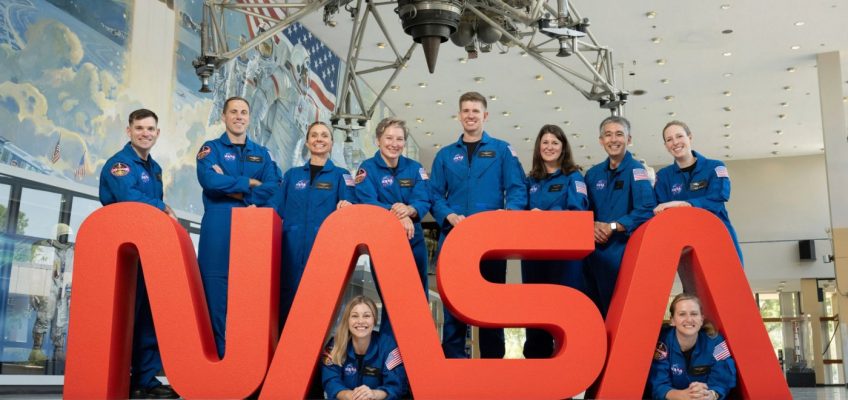By JONEL ALECCIA, Associated Press
A Seattle seafood distributor has recalled more cooked and frozen shrimp sold at Kroger grocery stores across the U.S. because of ongoing concerns about potential radioactive contamination.
Aquastar Corp. on Saturday recalled nearly 157,000 additional pounds of shrimp because of possible contamination with cesium 137, a radioactive isotope. The new recall includes nearly 50,000 bags of Kroger Raw Colossal EZ Peel Shrimp, about 18,000 bags of Kroger Mercado Cooked Medium Peeled Tail-Off Shrimp and more than 17,000 bags of AquaStar Peeled Tail-on Shrimp Skewers.
The products were sold between June 12 and Sept. 17 at grocery stores in more than 30 states. They include Bakers, City Market, Dillons, Food 4 Less, Foodsco, Fred Meyer, Fry’s, Gerbes, Jay C, King Soopers, Kroger, Mariano’s, Metro Market, Pay Less Supermarkets, Pick ‘n Save, Ralph’s, Smith’s and QFC.
The company previously recalled shrimp products in August.
Related Articles
Rivals Compass and Anywhere Real Estate to combine in deal valued at $10 billion including debt
NASA introduces its newest astronauts: 10 chosen from more than 8,000 applicants
Projected surge in uninsured will strain local health systems
Venezuelans in ‘reverse migration’ pushed to new perils in effort to return home
US bars Iran’s diplomats from shopping at Costco without permission
The new recall is the latest action in an ongoing investigation of potential contamination with cesium 137, a byproduct of nuclear reactions, according to the U.S. Food and Drug Administration. The risk appears to be small, but the shrimp could pose a “potential health concern” for people exposed to low levels of cesium 137 over time, FDA officials said.
The FDA issued a safety alert in August warning consumers not to eat certain frozen shrimp imported from PT. Bahari Makmur Sejati, an Indonesian company doing business as BMS Foods. Cesium 137 was detected in shipping containers from the company sent to several U.S. ports and in a sample of frozen breaded shrimp.
None of the shrimp that triggered alerts or tested positive for cesium 137 was released for sale, the FDA emphasized at the time. But other shipments sent to stores may have been manufactured under conditions that allowed the products to become contaminated, the agency said.
The FDA posted an import alert to stop potentially contaminated shrimp from entering the U.S. More than 3 million pounds of shrimp exported by BMS Foods has arrived at U.S. ports in September, according to U.S. Customs and Border Protection records.
Contaminated metal at the industrial site in Indonesia where the shrimp processor is located may be the source of the radioactive material, officials have said. The International Atomic Energy Agency said evidence suggests that activities at a smelting facility or from disposal of scrap metal could be the cause.
U.S. officials have declined to respond to detailed questions from The Associated Press about the source or extent of the contamination.
Experts in nuclear radiation agree that the health risk is low, but they say it’s important to determine the contamination’s source and share that information with the public.
The level of cesium 137 detected in the frozen shrimp was about 68 becquerels per kilogram, a measure of radioactivity. That is far below the FDA’s level of 1,200 becquerels per kilogram that could trigger the need for health protections.
The Associated Press Health and Science Department receives support from the Howard Hughes Medical Institute’s Department of Science Education and the Robert Wood Johnson Foundation. The AP is solely responsible for all content.




